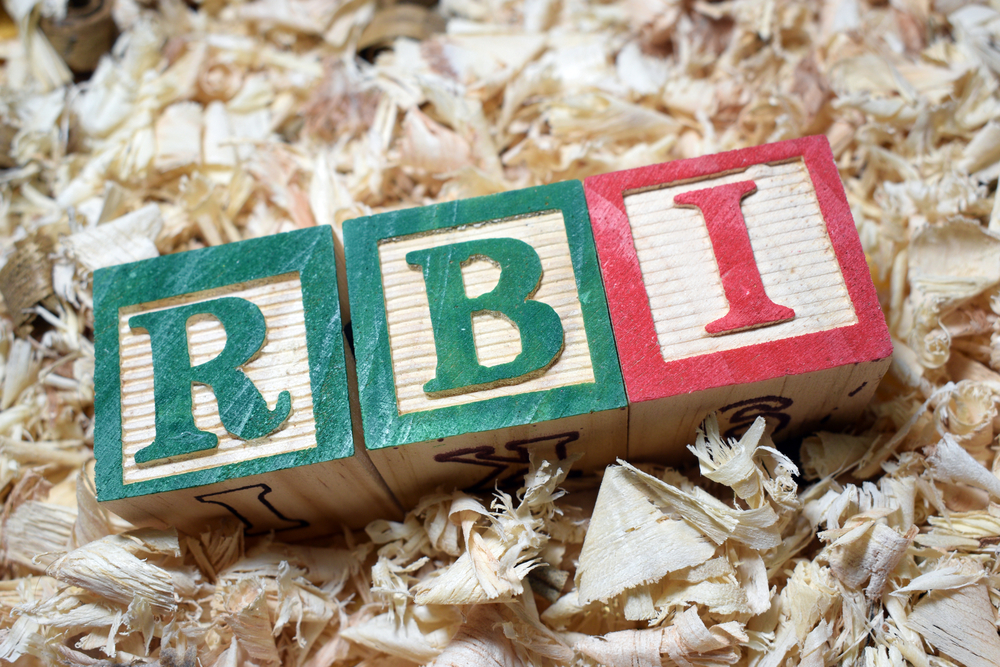The Reserve Bank of India (RBI) last week notified minimum denomination rules on Certificates of Deposit (CDs) saying that such deposits from now one can only be issued for a minimum deposit of Rs 5 lakh, and in multiples of Rs 5 lakh thereafter. It also said that banks would not be allowed to grant loans against CDs unless the central bank specifically permits it.
However, many investors are unaware of what CDs are and whether they should be a part of their portfolio. To make the investment decision easier for such investors, let’s find out what CDs are and how they work:
What are Certificates of Deposit?
A Certificate of Deposit (CD) is a negotiable money market instrument, issued in dematerialised form against funds deposited at a bank or other eligible financial institution for a specified time period. Such deposits offer a relatively higher interest rate because the depositor agrees to leave the lump-sum deposit untouched for a predetermined period of time. As per the latest RBI guidelines, one can invest in CDs in India in multiples of Rs 5 lakh, that is Rs 5 lakh, Rs 10 lakh, Rs 15 lakh and so on. The maturity period can be up to one year.
Any resident of India can invest in a CD through scheduled commercial banks, certain financial institutions that have been permitted by RBI.
How do CDs work?
Opening a CD is just like opening any other bank deposit account. It is just the terms and conditions that are different as you agree to lock your money in for a specific period of time. Also, unlike a fixed deposit, banks cannot issue a loan against a CD unless RBI permits it specifically. These deposits come with a higher and fixed rate of interest than a regular deposit. Also, while you can start a fixed deposit for an amount of your choice and as low as even Rs 1,000, this is not the case for CDs.
Moreover, while you can choose a term of several years for FDs, the maximum term fixed for CDs by the RBI is one year. The minimum term is seven days.
Should you invest?
Being government-backed securities, one can say that CDs are a less risky investment option than stocks or bonds. Moreover, they are known to deliver higher returns compared to the traditional savings accounts. But before you invest, remember that your money would be locked for the period that you agree and you cannot even take a loan against the deposit if you are in urgent need of the deposited funds. So it may be a good investment for those who are looking for a safe investment instrument and have enough liquidity options for an emergency.













